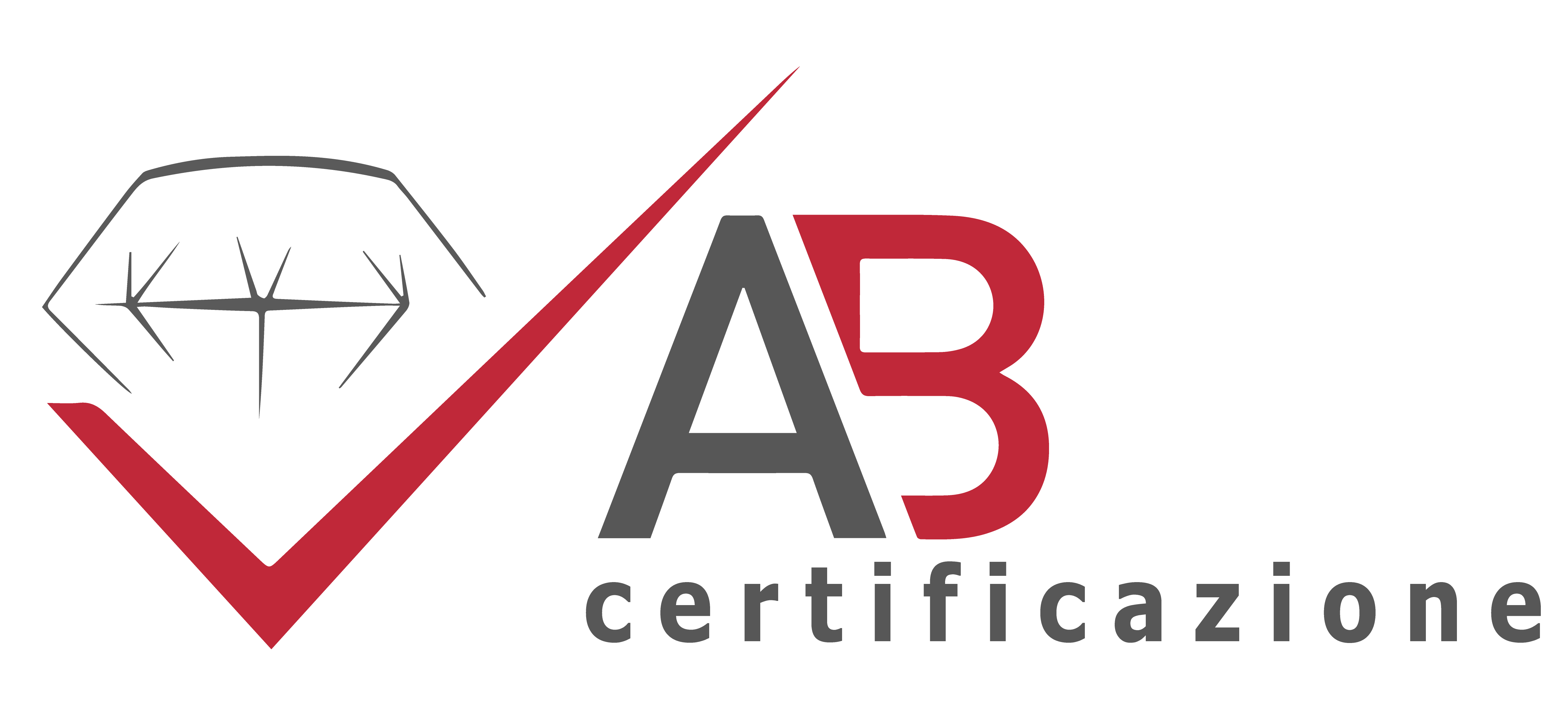Why
do I need
ISO
certification?
• optimization of organizational, work and control processes with the aim of satisfying its customers.
• opening of the market for new turnover opportunities on a national and international level.
• environmental awareness and sustainability of its business, reduction of energy costs and attention to renewable sources.
• ethics, health and safety in the workplace taking due account of one's human resources, considered essential for one's growth and therefore assets to be safeguarded.
• control in the health sector in consideration of the particular attention to medical instruments.
• research and analysis.
All the aspects highlighted certainly constitute a reason for growth and reflection. This is why a company must seriously consider a Certification to be shared with a Body deserving to be part of it and it is in this perspective that AB Certificazione S.r.l arises.
Why
rely
on us?
• listening skills.
• concrete answers.
• speed of action.
• attention to costs.
• research and development.
Because your growth... is our success.
How does
the certification process
works?
Each certification process can be summarized in the following steps:
• Analysis of the needs
• Collection of customers data.
• Feasibility analysis.
• Issue of the offer
• Preparation of the certification verification.
• In situ document verification (in some of the schemes, partially executable also off site).
• Analysis of the results.
• Conformity assessment relating to the application of the system.
• Interviews with workers in the workplace.
• Identification of the dysfunctionalities, strengths and suggestions for improvement.
• Decision on certification.
• Decision making process by the Certification Committee.
• Certificate issuance (duration of 3 years).
• Maintenance and renewal.
• Periodic surveillance checks.
• Renewal verification at the end of the three-year certification period.
What are the
differences between
the application of
ISO 13485
(medical devices)
and ISO 9001?
For a complete answer see the document attached to the presentation of our ISO 13485 services.
What is Emas
and how does
it differ
from ISO 14001?
In Italy the validation of the environmental declaration is the responsibility of the regional competent ARPA (Regional Agency for Protection and the Environment). The final procedure does not lead to a certification, but to a registration in a specific European register. The main feature of EMAS is the guarantee of total regulatory compliance which constitutes a essential prerequisite for obtaining registration.
On some certificates
we have seen that
the expiration
of the ISO 9001 certificate
is not reported.
Some organisms, due to commercials reasons, do not show the expiration of the certificate, but are still required, like all the others, to make the validity of the certificate subject to a complete verification of the system at the end of each three-year period. In the mentioned contracts this detail is explained, in a more or less clear way, but substantially equal as that of other organisms. This is a non-transparent behavior, but nevertheless accepted by the supervisory bodies in charge
If you want to proceed
with a CE marking
is it also mandatory
to have an ISO 9001
certified quality system?
Given that having an ISO 9001 system, certified or not, allows in any case to better manage the
production processes and general business management, in some types of CE marking is then
mandatory to have a certified ISO 9001 quality system.
Does a company
that has multiple operating sites
need to perform
certification verification
on all of its sites?
As a rule, you choose a main site representative of all the activities and, in rotation, the others are visited during the period of certification. This rule cannot be applied in case of ISO 14001 environmental certifications or ISO 45001 safety and ISO 50001 energy certification.
What are the
minimum conditions
for
certification?
Furthermore, it is necessary that at least one complete cycle of internal verification must have been carried out and that at least one management review has been carried out and one analysis of business risks.
